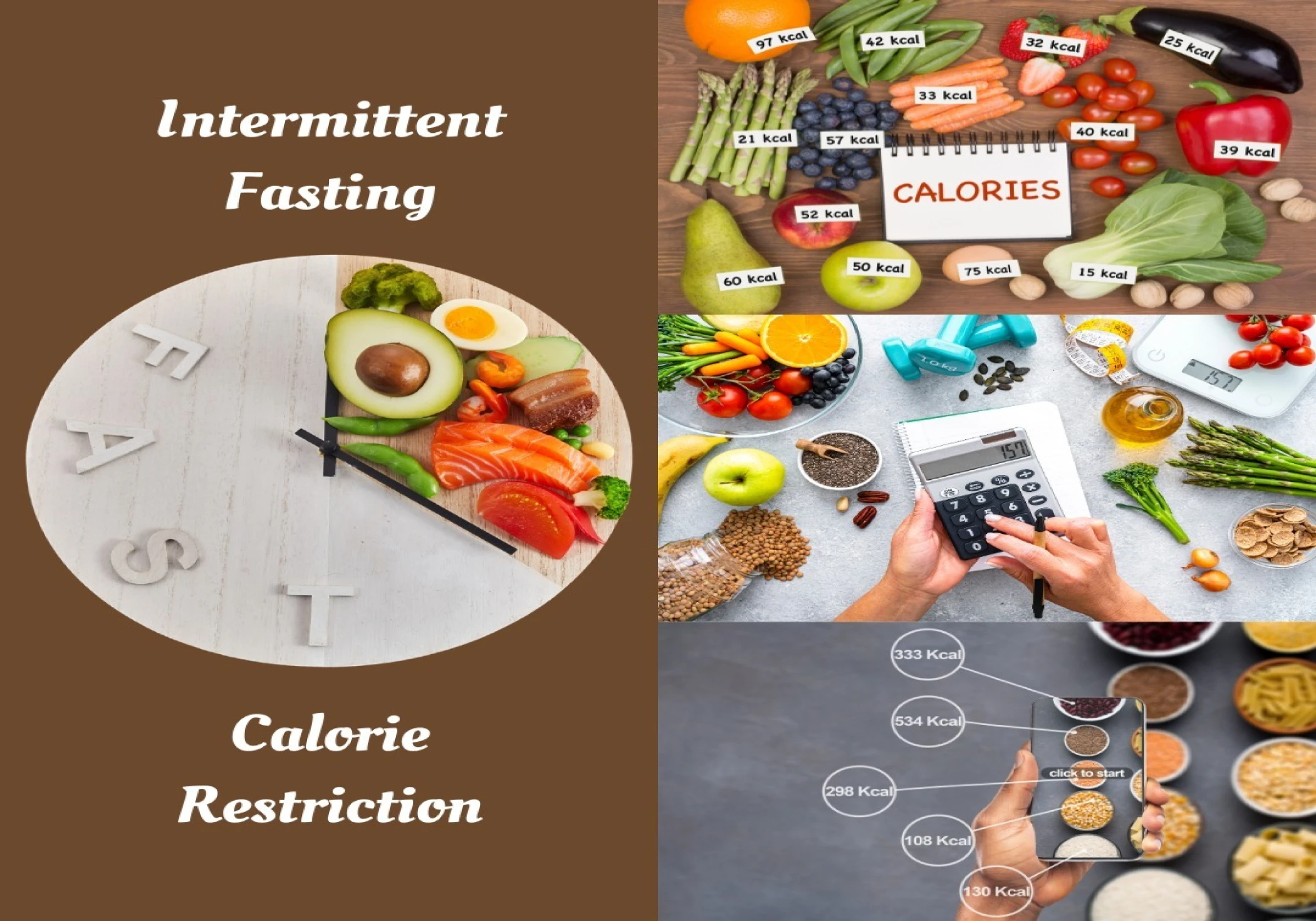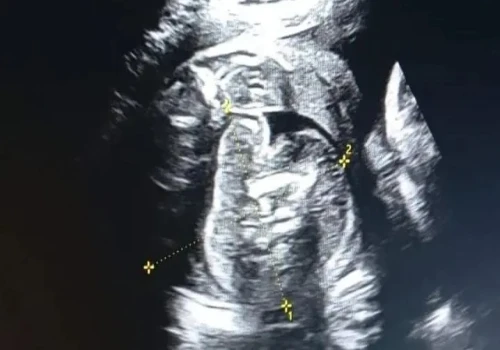
There are many ways through which one tries losing weight. Both intermittent fasting (IF) & calorie restriction (CR) are two such popular methods that are widely used to achieve weight loss and for overall health goals.
So what is the difference?
Dietitian and wellness expert Shilpi Goel says both of them try to create calorie deficiencies in the body, but the methodology is different. CR aims at eating fewer calories, which is followed through the day. While IF keeps the body in a more extended fasting state by restricting the eating window.
Now let us understand how calorie restriction & intermittent fasting work:
Calorie restriction: the name clearly suggests that we ARE restricting the calorie intake by the body. We are consuming fewer calories than the body actually burns, which leads to weight loss over a certain period of time. It focuses more on how much you eat rather than when you are eating.
For example, if your daily calorie requirement is 2,400 kcal, a CR approach involves reducing the intake to 1,700 kcal per day. This gradual reduction forces the body to use stored fat for energy.
Benefits
* Leads to a steady reduction in body weight.
* Heart health improves.
* Lowers blood pressure, cholesterol, and inflammation
Few Challenges of Calorie Restriction
* Continuous calorie reduction may lead to constant hunger, fatigue, and mood swings.
* Over time, the body may adapt to lower calorie intake, making the further weight loss process harder.
Intermittent Fasting (IF)
IF mostly focuses on when you eat rather than how much you eat. It shifts between periods of eating and fasting and so on.
How can one do it?
* 16:8 Method: Most commonly used in this process Fast for 16 hours, and then eat within an 8-hour window. & continue to do so all other days
* 5:2 Diet: Fast for 2 days, eat normally for 5 days
* One Meal a Day : Eating only one meal in a day
Benefits of Intermittent Fasting
* Fasting shifts the body to burn fat for energy instead of glucose.When the body enters a fasting state, insulin levels drop, and fat burning increases.
* It enhances insulin sensitivity, reducing the risk of diabetes.
* All we have to manage is meal timing instead of calorie count.
Challenges of Intermittent Fasting
* It can take time for the body to adjust.
* Fasting schedules might interfere with traditional meal patterns.
Which One Works Better?
The effectiveness of IF vs. CR depends on individual goals and preferences:
* For Fat loss, IF may be more effective due to prolonged fat-burning windows
* For Long-Term Adherence, CR works for those who prefer eating regularly but in smaller portions.
* For Metabolic Health, IF has additional benefits like insulin regulation and autophagy.
Dietitian and wellness expert Shilpi Goel suggests it is always better to take advice from a health expert or dietitian before following a certain diet routine.











